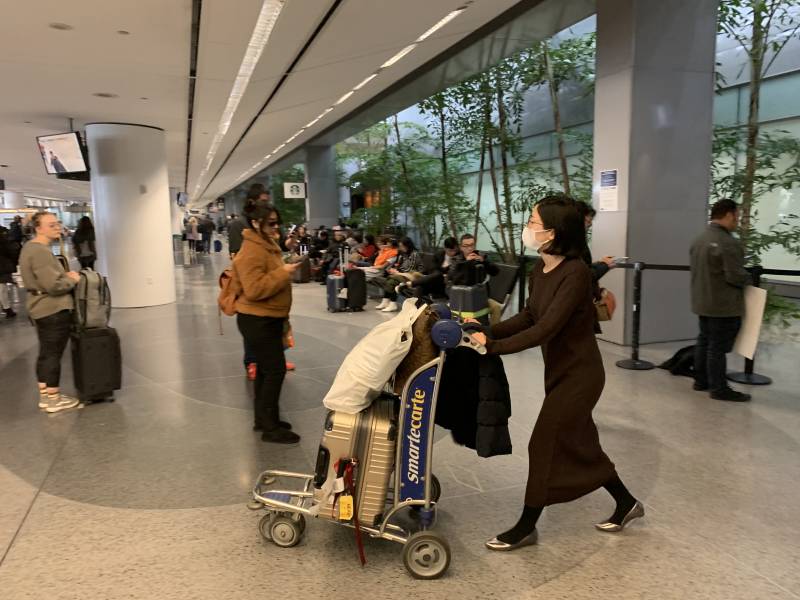Chinese state media is reporting that flights leaving Wuhan, China will be canceled starting Thursday morning, in response to the virus thought to have originated in that city. The goal is to stop the spread of the bug, a newly discovered coronavirus that has sickened more than 500 people and killed at least 17 in China. Public health officials are calling it the novel coronavirus.
On Tuesday, U.S. authorities announced the first domestic case in Washington state, and officials are still conducting health screenings for passengers flying to the U.S. from Wuhan. The screenings began during the weekend at San Francisco International Airport, Los Angeles International Airport and New York City’s John F. Kennedy. On Wednesday, airport screening began at Chicago’s O’Hare airport and Hartsfield-Jackson Atlanta International Airport.
The illness which triggers coughing, fever, respiratory struggles and pneumonia has spread to regions of China, South Korea, Japan, Thailand and Taiwan.
Dr. Martin Cetron, director for the Division of Global Migration and Quarantine for the federal Centers for Disease Control and Prevention, says entry screening is a good precautionary measure to identify and target sick passengers potentially infected with the new virus. At the same time, he acknowledged that “no system is foolproof.”
The World Health Organization, by contrast, recommends against traveler screening. “It is generally considered that entry screening offers little benefit, while requiring considerable resources,” WHO officials said in a Jan. 10 release .

